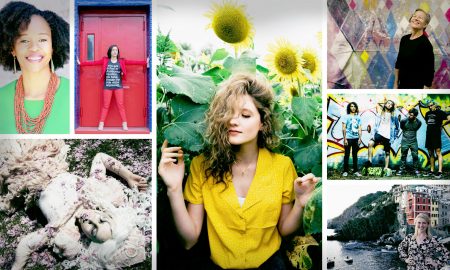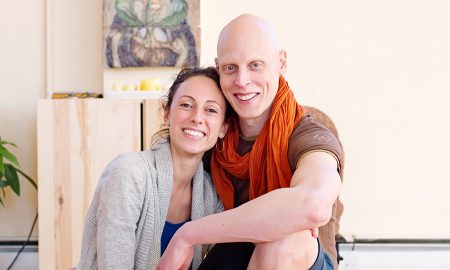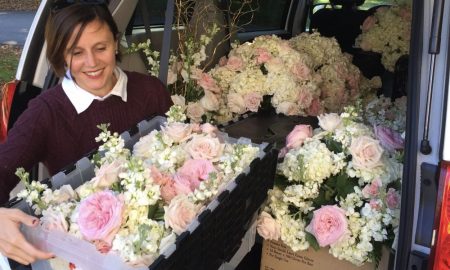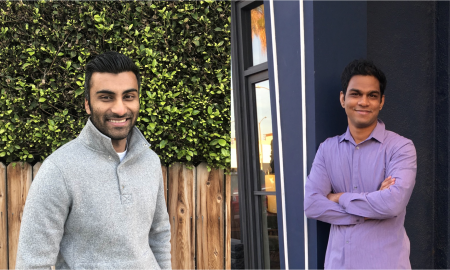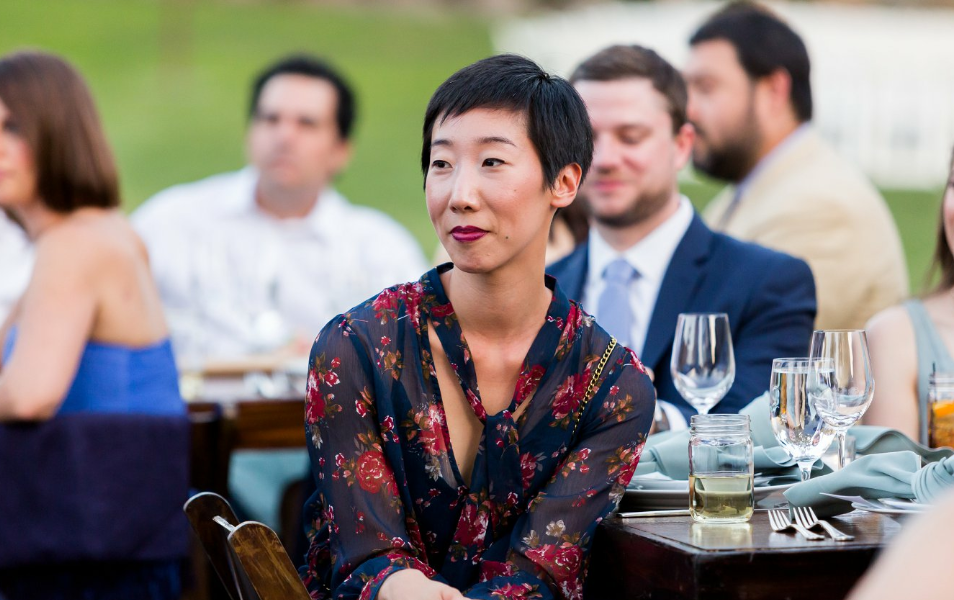

Today we’d like to introduce you to Jessica Hong.
Jessica, please share your story with us. How did you get to where you are today?
I came to the arts accidentally. In high school, was interested in social justice work and continued that trajectory into college. My epiphany, however, came during my first art history course as a college sophomore. In addition to opening up new avenues of thinking and seeing, it was here that I understood the power of the arts is not just the cultural realm, but in the broader social and political spheres. I knew this was what I needed to explore.
Throughout college and years following, I experienced many facets of the art world, from alternative art spaces, artist residencies, arts publications, mid-size museums, to commercial galleries primarily in New York. Ultimately, the museum was the space I wanted to inhabit, as I felt it promotes the multiplicity of the arts, celebrates and supports artists, stimulates conversations, and reaches a diverse array of audiences.
As a curator of contemporary art, some of the most rewarding aspects of this position are working directly with artists, engaging with our various publics, and being able to learn something new every day.
Overall, has it been relatively smooth? If not, what were some of the struggles along the way?
Like any journey, it’s never completely smooth. If you have the privilege of choice, you’re often uncertain of the path and at times must react spontaneously and intuitively.
Fortunately, I knew where I wanted to be, but unsure how I wanted to function within it. Even with the congestion, cacophony, and general insanity of New York, through exploration, meeting incredible people, being supported by family and loved ones, did I have the space to find what best suited me.
Professionally, one of the biggest challenges was dealing with, at times, the inwardness of the art world. I went into the field because of art’s expansiveness and it became even more important to me not only to see but also to fully experience new contexts outside of “art centers” and broaden my own horizons. Fortunately, we are seeing a desire and drive for openness throughout this field.
Please tell us about Institute of Contemporary Art/Boston.
The Institute of Contemporary Art/Boston has an over eighty-year history of pushing boundaries, encouraging experimentation, and supporting artists that have not yet had the platform to share their ideas and work. This ethos is what drew me to the ICA and we have continued to progress this mission through our collection and exhibition programming.
2018 was quite the year for us as an institution: we opened a new, free space for all in East Boston, and I organized two major exhibitions for our Seaport location. Arthur Jafa’s “Love is the Message, The Message is Death” (2016) confronts issues related to race and representation; he has quickly become one of the leading figures in contemporary art and culture, creating his own filmic genre and expanding the possibilities of this medium.
I simultaneously coordinated “We Wanted a Revolution: Black Radical Women, 1965-85,” originally from the Brooklyn Museum, highlighting the voices of women of color during a period of profound social movements. This show is the first of its kind, looking at structural and institutional racism and sexism while also revising the cultural canon. Felt it necessary to present these shows at the ICA and share them with our audiences, as we strive to continue necessary conversations and create a space for dialogue and social engagement.
How do you, personally, define success? What’s your criteria, the markers you’re looking out for, etc?
Success is a slippery, and arguably fraught, term to define, and one that I’ll likely be defining over the course of my career and personal life. In the work that I do, I hope to continue supporting underrepresented and overlooked artists and voices, expand and engage with new audiences, participate in pertinent dialogues of our time, and celebrate the power and multiplicity of the arts today.
Contact Info:
- Address: 25 Harbor Shore Drive
Boston, MA 02210 - Website: https://www.icaboston.org/
- Instagram: @jessica.s.hong
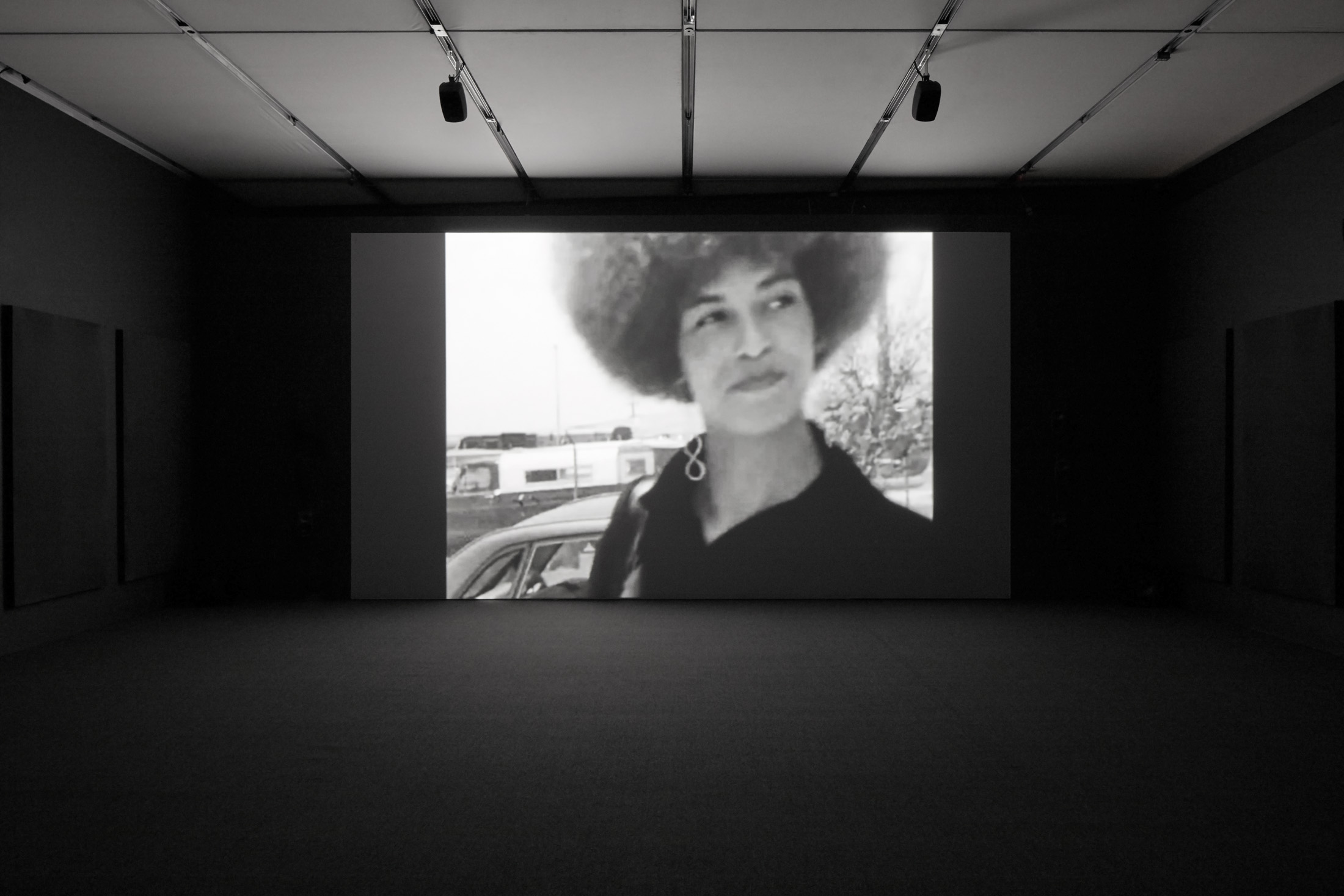
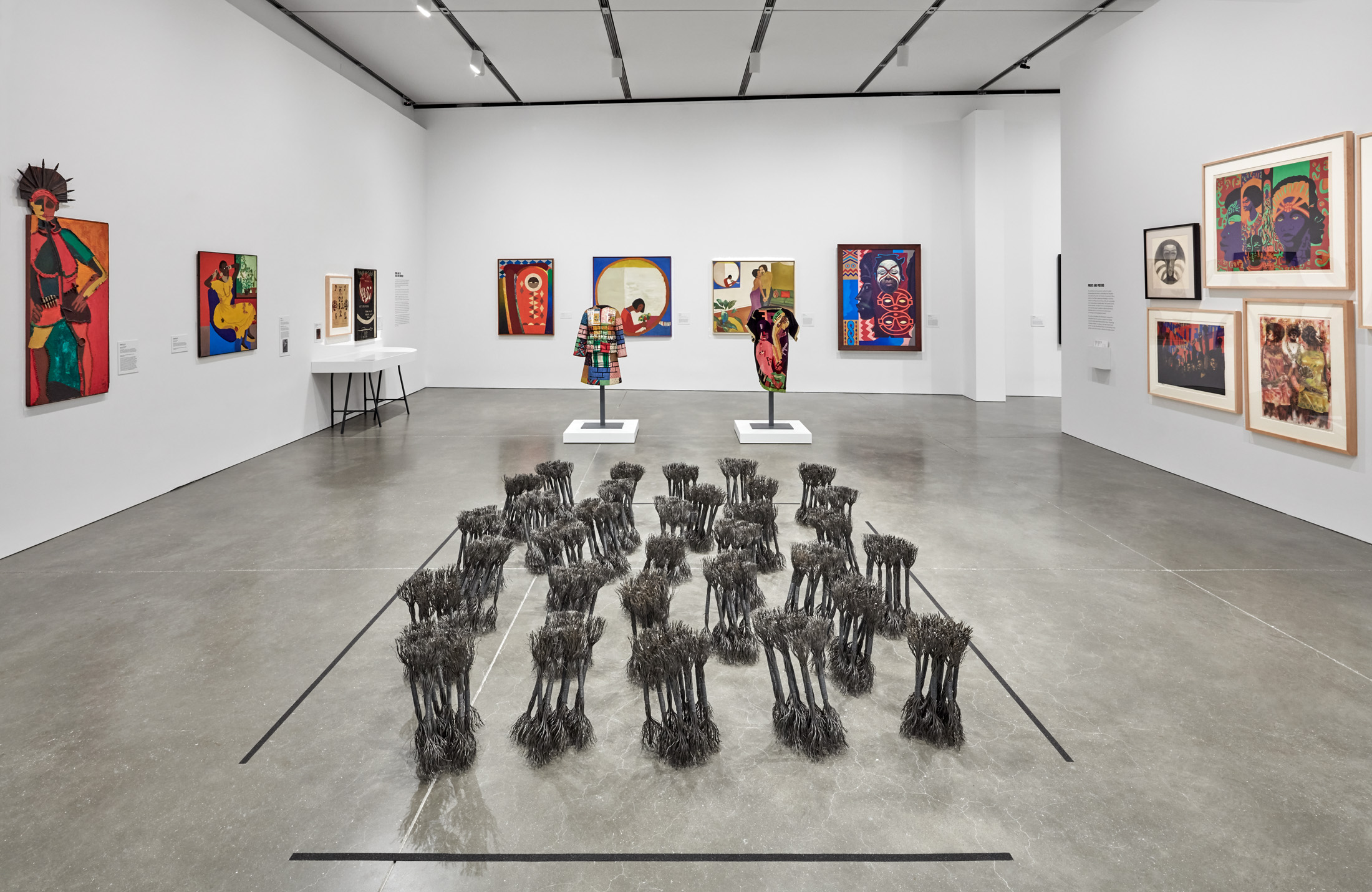
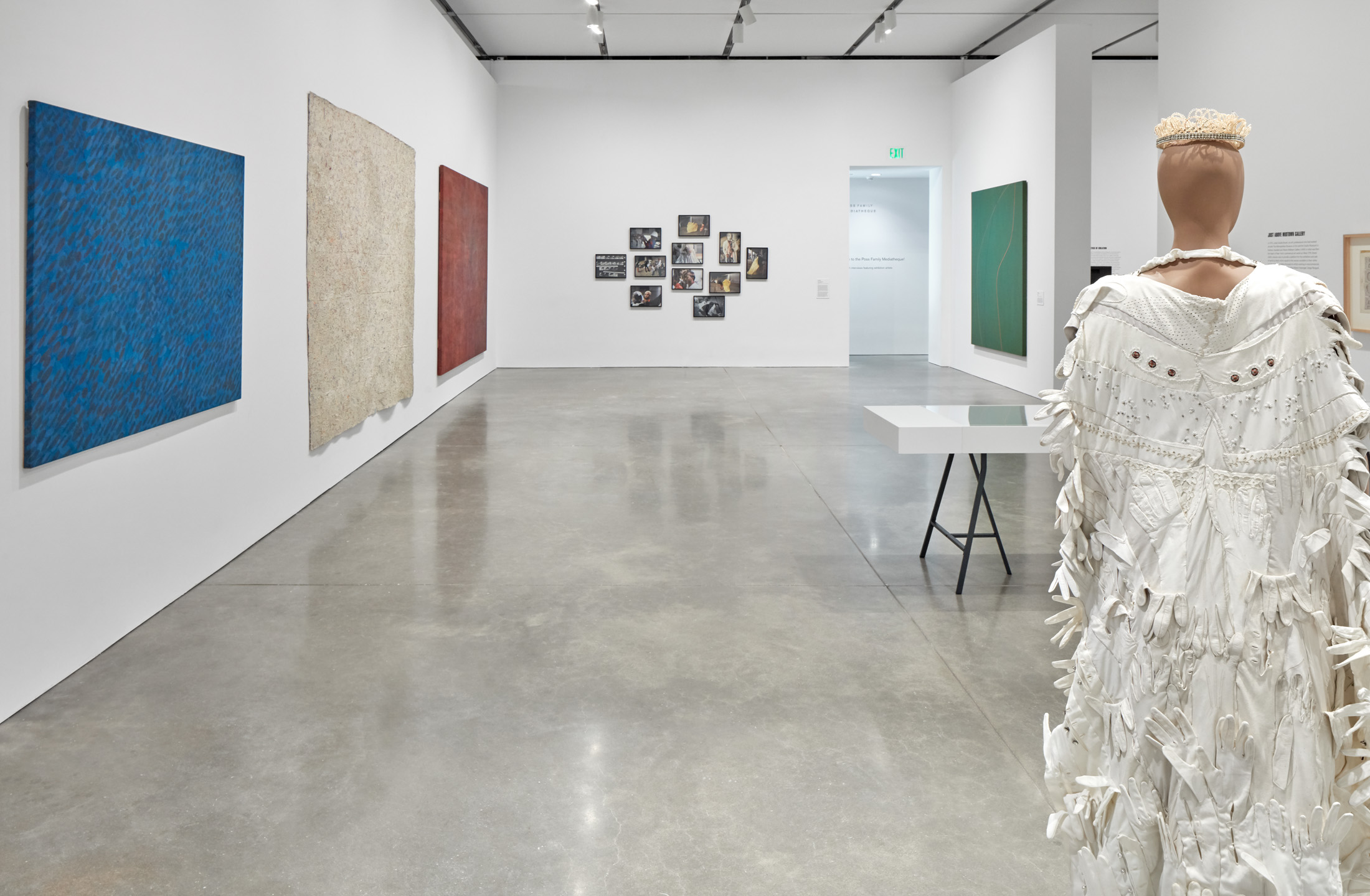
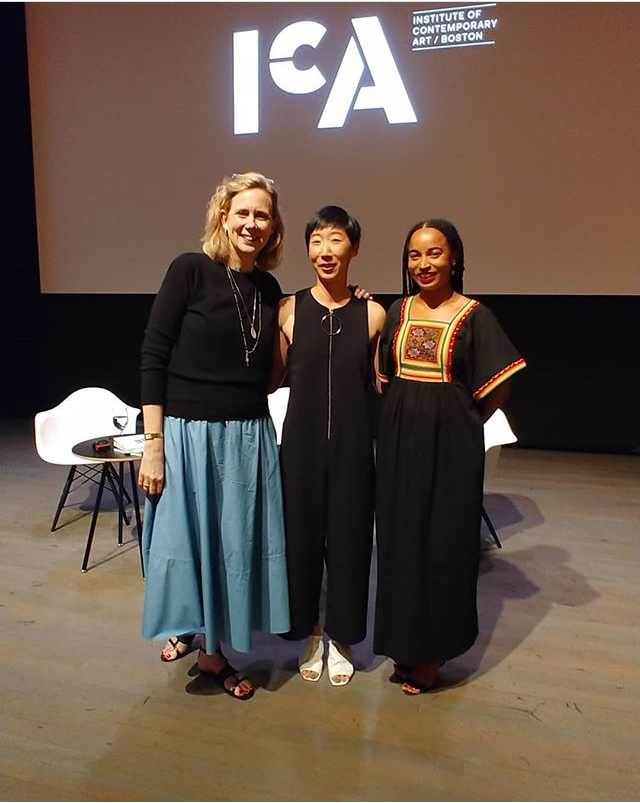
Image Credit:
Lockhart Photography, Catherine Morris, Jessica Hong, David Lusenhop, Charles Mayer Photography
Getting in touch: BostonVoyager is built on recommendations from the community; it’s how we uncover hidden gems, so if you know someone who deserves recognition please let us know here.

